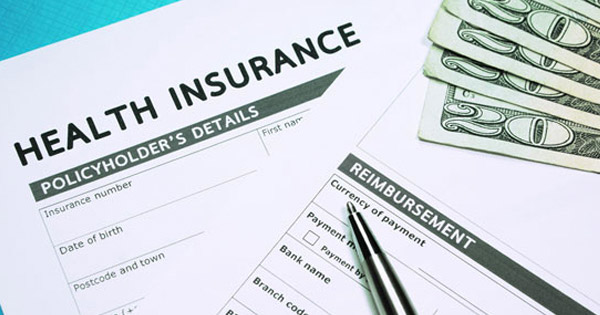Americans spend an annual average of $45.5 billion dollars on direct and indirect costs which is divided up into $7.9 billion on hospital inpatient stays, $2.4 billion for hospital outpatient or office-based provider visits for strokes, $8.2 billion for home health care, and $17.5 billion due to wage loss.
Patients may face high medical costs from insurance deductibles, copays, surprise billing, diagnosis and treatment expenses, and cost of rehabilitation.
The average cost of a hospital stay for a stroke patient ranges from $20,396 to $43,652 and with the cost of bills adding up, stroke patients often lose their income from employment.
The advice for people is to, “always be prepared,” as most insurance companies and financial institutions urge people to anticipate having a stroke so they can purchase insurance or save up money for it down the road “when the unexpected happens.”
Analysis
The cost of a stroke for someone living in America is tremendous, and it puts a lot of the responsibility of handling and recovering from a stroke on the individual afflicted by it. Considering the large costs and losses that a patient will face for this with or without the aid of insurance contributing help, there is a discernable financial setback when someone experiences a stroke. The lost of income even if all the medical bills are covered is still extensive considering that there are daily expenses that need to be paid while the patient is in the hospital or recovering. Additionally with the placement of responsibility on the patient themselves to “always be prepared” is a placement of responsibility that directs the blame and consequence of the stroke onto the patient that can impede in recovery in the physical, financial, and emotional aspects as their inability to recover is pointed directly at their lack of preparation for this event.
This is a key insight here in unveiling that a stroke and the consequences following it is typically something that is pinned on the individual. Responsibility and fault of the stroke can potentially cause detrimental effects to the individual that severely hinders their recovery if they even do attempt to recover.




